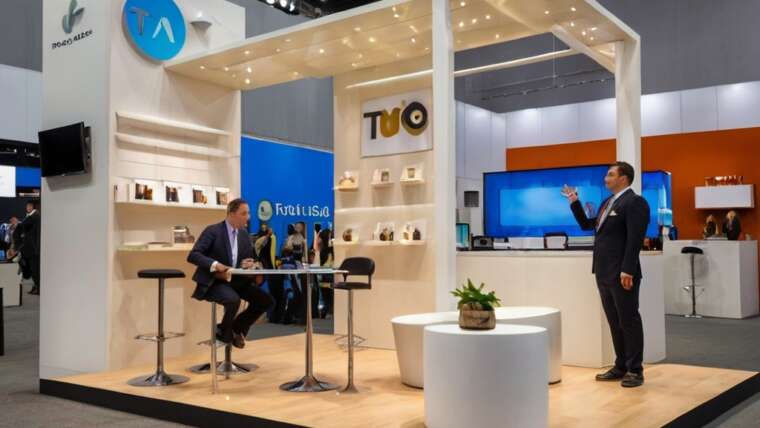
In today’s fast-paced professional world, maintaining personal well-being can often feel like an uphill battle. The pressure to meet deadlines, juggle responsibilities, and keep up with ever-evolving expectations can take a significant toll on physical and mental health. However, the rise of innovative wellness tools offers a promising path forward for busy professionals. By embracing technology and new methods of self-care, individuals can not only survive but thrive in demanding careers.
Table of Contents
The Modern Wellness Landscape
The traditional approach to workplace wellness—such as gym memberships and occasional mindfulness sessions—has expanded dramatically. Today, there’s a wealth of tech-driven tools that support holistic well-being. From AI-powered mental health apps to wearable fitness trackers, modern wellness technology is personalized, data-driven, and accessible around the clock.
Apps like Headspace and Calm offer guided meditations and breathing exercises tailored to specific stressors, including workplace anxiety. Meanwhile, productivity tools such as Notion or Trello now come with wellness integrations, allowing professionals to schedule breaks, reflect on goals, and track emotional states. These innovations help blend wellness seamlessly into the workday rather than viewing it as a separate task. Harnessing the power of wellness tools from auragens.com can significantly enhance your ability to manage stress and maintain a balanced, healthy lifestyle while thriving in a demanding career.
Wearables and Biofeedback
Wearable technology has transformed the way we approach physical and emotional health. Devices like the Oura Ring and WHOOP band track sleep patterns, heart rate variability, and stress levels, providing actionable insights into how your body is coping with daily challenges. Professionals who frequently burn the candle at both ends can use this data to make smarter decisions about rest, hydration, and recovery.
Even biofeedback tools are becoming more common in the workplace. Devices such as Muse headbands offer real-time data on brain activity during meditation, guiding users toward deeper states of relaxation and focus—especially valuable before high-stakes meetings or presentations.
Digital Coaching and Virtual Therapists
Another significant innovation is the rise of digital wellness coaching and virtual therapy. Platforms like BetterHelp and Talkspace connect individuals with licensed therapists through video, chat, or voice, offering mental health support with convenience and discretion. For those who prefer goal-based guidance, AI-driven wellness coaches can assist with stress management, work-life balance, and habit formation.
Professionals often hesitate to seek support due to time constraints or stigma. These virtual platforms break down those barriers, making it easier to prioritize mental health without compromising on time or privacy.
Creating Sustainable Habits
While technology provides the tools, lasting wellness comes from consistent, mindful habits. It’s important to carve out time daily—even if only a few minutes—for practices like journaling, stretching, or gratitude. Pairing these routines with wellness tech can offer structure and motivation, especially during high-pressure periods.
Consider using reminder apps to prompt self-care check-ins or mood tracking tools to monitor emotional fluctuations. These small, regular actions accumulate over time, building resilience and emotional intelligence that support long-term career success.
Conclusion: Thriving, Not Just Surviving
A demanding career doesn’t have to mean sacrificing well-being. By harnessing innovative wellness tools, professionals can take control of their health, boost productivity, and enhance personal fulfillment. As work continues to evolve, so should our approach to self-care—empowering us not just to survive, but to truly thrive.


